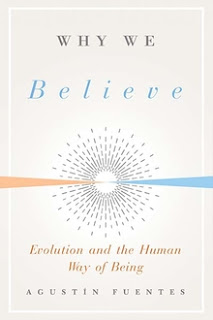 Deborah Crombie
Deborah Crombie is a
New York Times bestselling author and a native Texan who has lived in both England and Scotland. She now lives in McKinney, Texas, sharing a house that is more than one hundred years old with her husband, two cats, and two German shepherds.
Crombie's newest novel,
A Bitter Feast, is her 18th Duncan Kincaid/Gemma James novel.
At CrimeReads she tagged nine standout English village mysteries published from the Eighties onwards, including:

Wicked Autumn, by G.M. Malliet
In 2011, G.M. Malliet debuted the first in her Max Tudor series with a fresh take on the village mystery. Max Tudor, former MI5 agent, now ministers to his congregation in the tiny village of Nether Monkslip. But village life is not as idyllic as he imagined, and he soon must call on his old skills to solve a murder. A wickedly humorous skewering of the village trope, with modern sensibilities and depth of characterization.
Read about
another entry on the list.
--Marshal Zeringue

















































